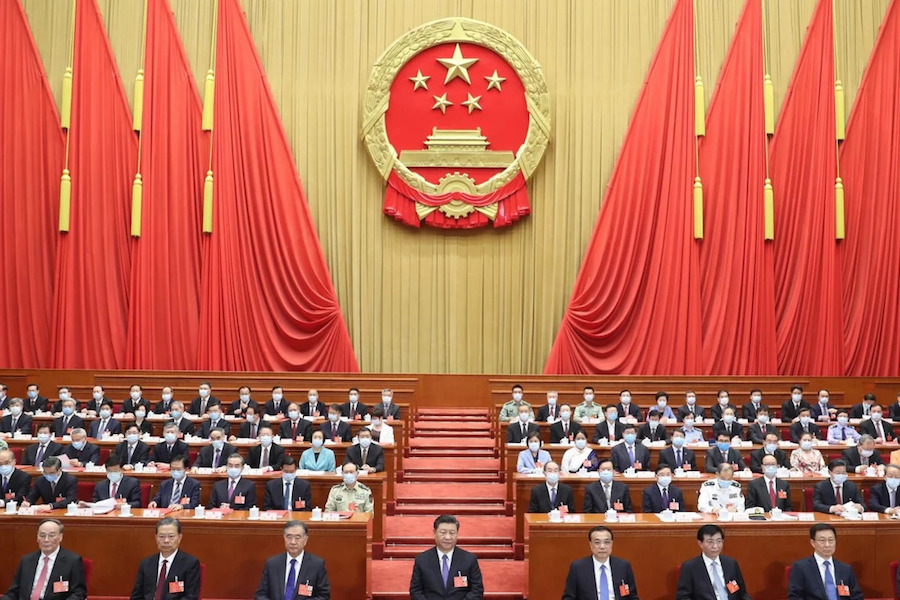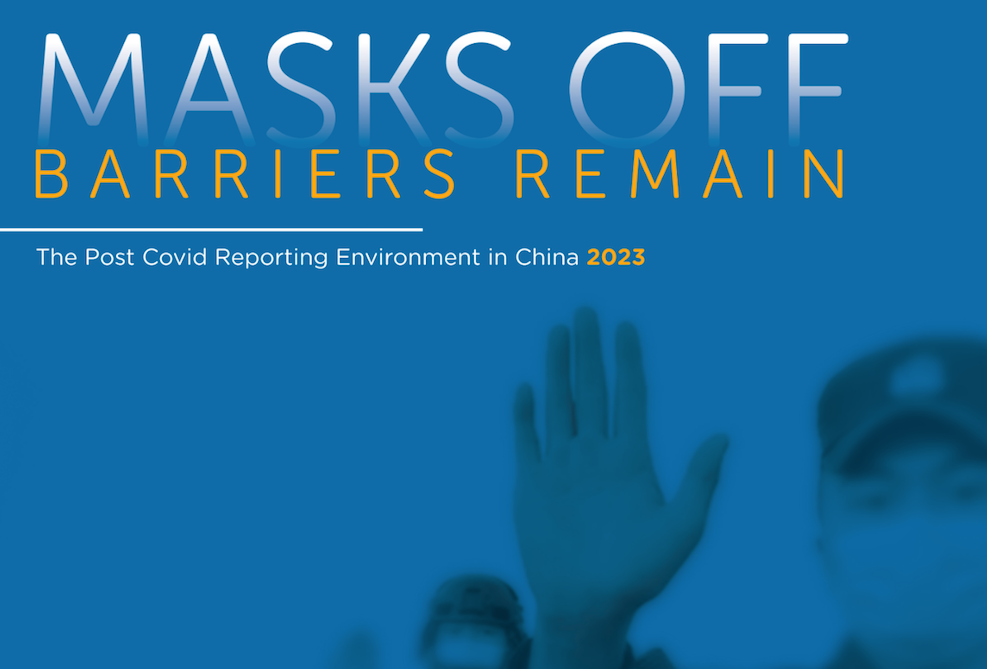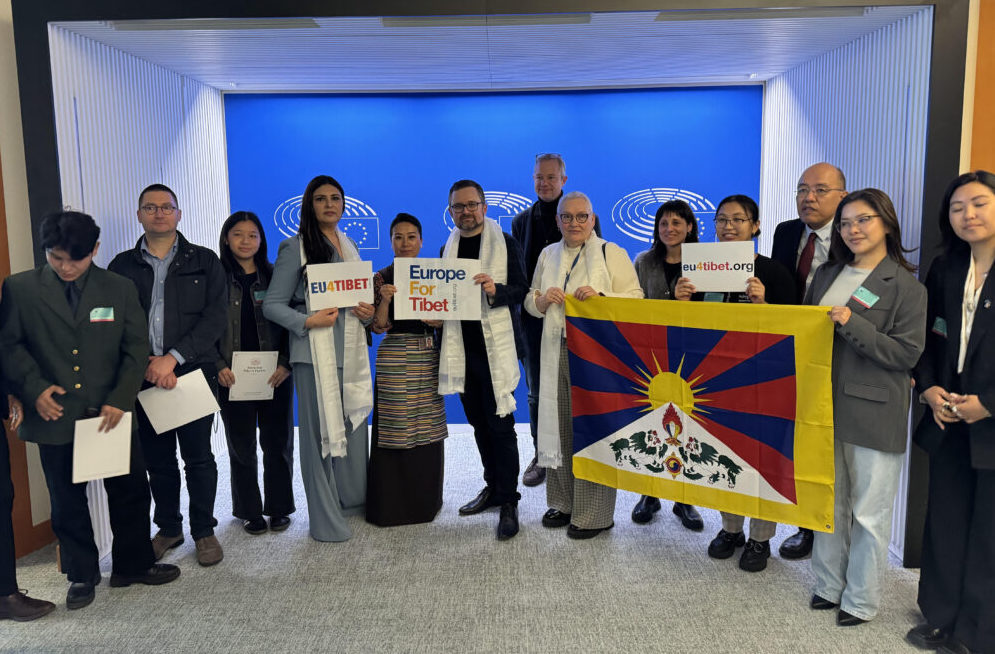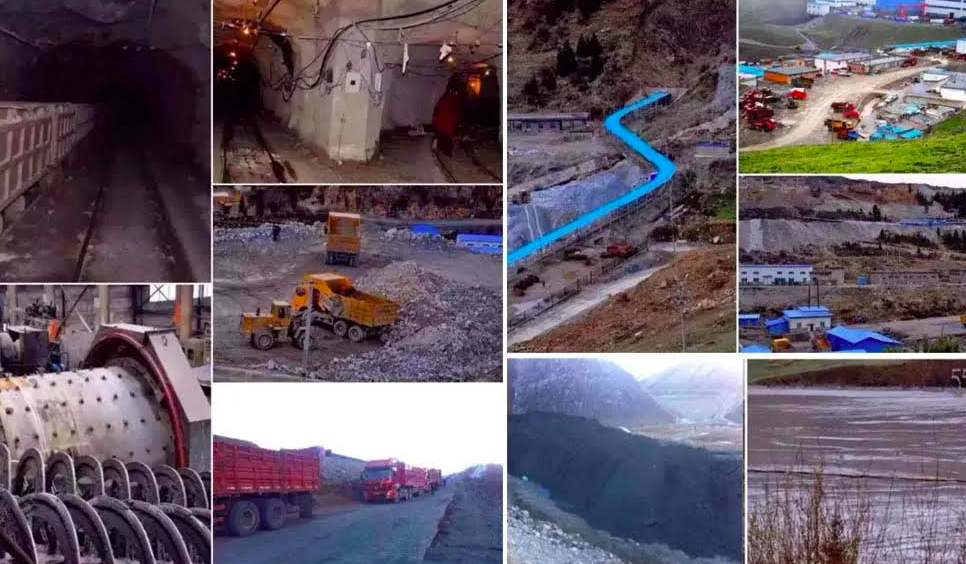By Choekyi Lhamo
DHARAMSHALA, Mar. 30: China held the annual “two sessions” meeting of National People’s Congress (NPC) and the political advisory body of the People’s Political Consultative conference from March 4 to 11, 2021. The meetings saw Beijing release preliminary details of the 14th Five-Year Plan, where delegation from the Tibet Autonomous Region (TAR) including 16 deputies, 3 non-voting attendees and 3 observers attended the annual meetings.
China’s political heads set their objectives for the next five years (2021-25) along with long-range objectives through to 2035. The meetings indicated that China will continue to build a strong path to build a “Modern Socialist Country”, and reasserted the language of “modernizing Tibet”, “Sinicizing” religion, “resisting foreign interference” in internal affairs and “maintaining stability” with a strong military presence.
Despite the typical rhetoric of development and unity, Washington-based International Campaign for Tibet (ICT) argued that the 14th Five-Year plan will continue displacement in the name of “poverty alleviation” and ecological conservation, funnel large influx of Chinese tourists in Tibet for “dual circulation” strategy, facilitate further militarization to strengthen its borders, and form large-scale infrastructures in the name of development.
Chinese Premier Li- Keqiang addressed the opening of the NPC in March where he praised the “historical new achievement” of the goals set for “poverty alleviation” in the 13th Five-Year plan. The international support group said that “the coercive relocation of millions of “poor” rural Tibetans has not only led to their displacement from their ancestral lands but converted their proud self-sufficiency into dependence on the Chinese state.”
The CCP appointed Panchen Lama, Gyaltsen Norbu reportedly expressed his support to the Chinese state policies, “Tibetan Buddhism is constantly moving in the direction of Sinicization under the conditions of adapting to the socialist society with Chinese characteristics … and that from an objective point of view, Sinicization of Tibetan Buddhism is the only way forward for the development of Tibetan Buddhism.”
Moreover, one of the delegates of Political Consultative Conference, Professor Thupten Khendup at Tibet University proposed that Beijing should promote “red tourism” in the “ethnic regions in the frontier”, and further argued that this will promote members of all ethnic groups to “identify with the common identity of the Chinese nation.”
The Chairman of the conference, Wang Yang in his opening speech on March 4 denounced the US legislations concerning China’s human rights abuses, “We denounced in the strongest terms US legislation concerning Xinjiang, Tibet, and Hong Kong.” Beijing also vowed to maintain tight security as China’s Minister for Public Security and State Councillor Zhao Kezhi attended the deliberations of the TAR delegation in the annual meeting.










